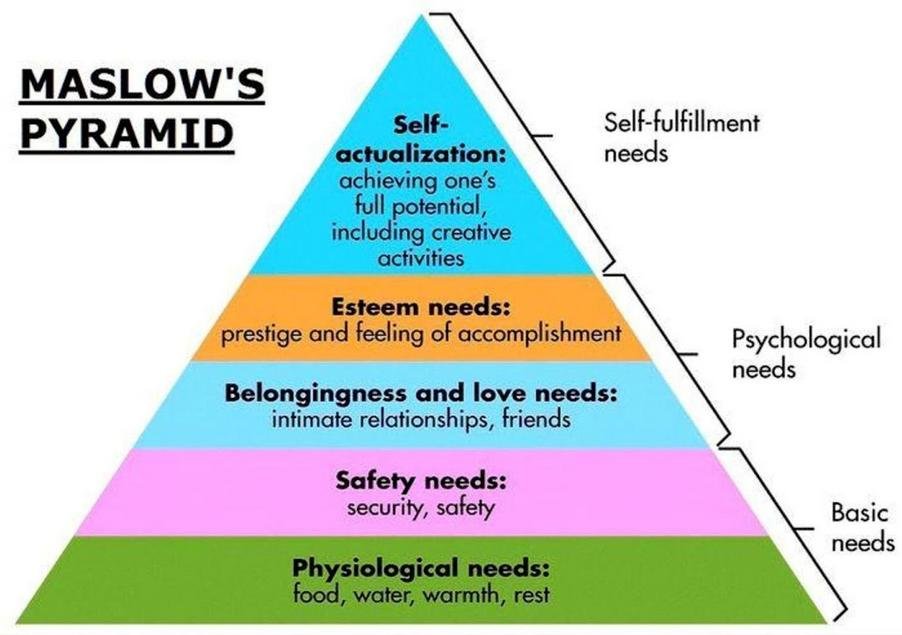Carbon Neutrality: Is the Will to Survive Stronger?
As soon as the temperature dropped to -3ºC (27ºF,) electricity price started to rise rapidly. According to the energy exchange in Berlin, the cost of one megawatt-hour (Mwh) increased by 33% and became 434 euros.
Similar processes were also observed in France and Britain. The price jump was significant, and the generation deficit is very noticeable. In Paris and London housing and communal services are planning to introduce trial schemes in which consumers will be paid extra for reducing or refusing electricity consumption.
The mild autumn helped to use less gas and fill storage facilities. This eased concerns about a possible shortage due to the termination of gas supplies from Russia. But now the problems have begun. Amid the growing demand for heating, Europe’s power grids are facing insufficient supplies from British, German and Scandinavian wind farms.
The Polish Sejm has allowed the sale of brown coal to citizens. Earlier, as part of the fight against smog, the sale of brown coal to households was prohibited because it does not comply with environmental requirements.
The other day, South African Ambassador to Russia Mzuvukile Jeff Maqetuka stunned everyone with a statement that Brussels, and especially Berlin, actually require his country to resume coal mining.
Private mine owners are already reactivating coal mines on the territory of the Republic of South Africa for mining. That would serve the interests of all countries across the EU.
This is happening amid a call to abandon coal and reduce greenhouse gas emissions. The European society hoped that it would be possible to rid of large-scale greenhouse gas emissions and switch to renewable energy. Since the supply of energy with minimal carbon dioxide emissions has decreased, all efforts have been in vain. The fact is that Russia was selling cheap gas. And this is the only reason why this dream seemed feasible.
Let’s recall the simplified presentation of the ideas of the American psychologist Abraham Maslow about the pyramid of needs. Survival and security are at a fundamental level (lower) than beliefs, made-up principles and reflections.

Maslow argued that the satisfaction of primitive physiological needs is the basis. In his view, the ideal happy society is primarily well–fed people who have no reason for fear or anxiety. For example, if a person is constantly starving, it is unlikely that he will really need a love relationship.
So it is in our case. Under the conditions of global crisis, other topics go by the wayside when we face issues of survival and environmental problems.
To warm and feed the family is a matter of concern for the majority of the population.


